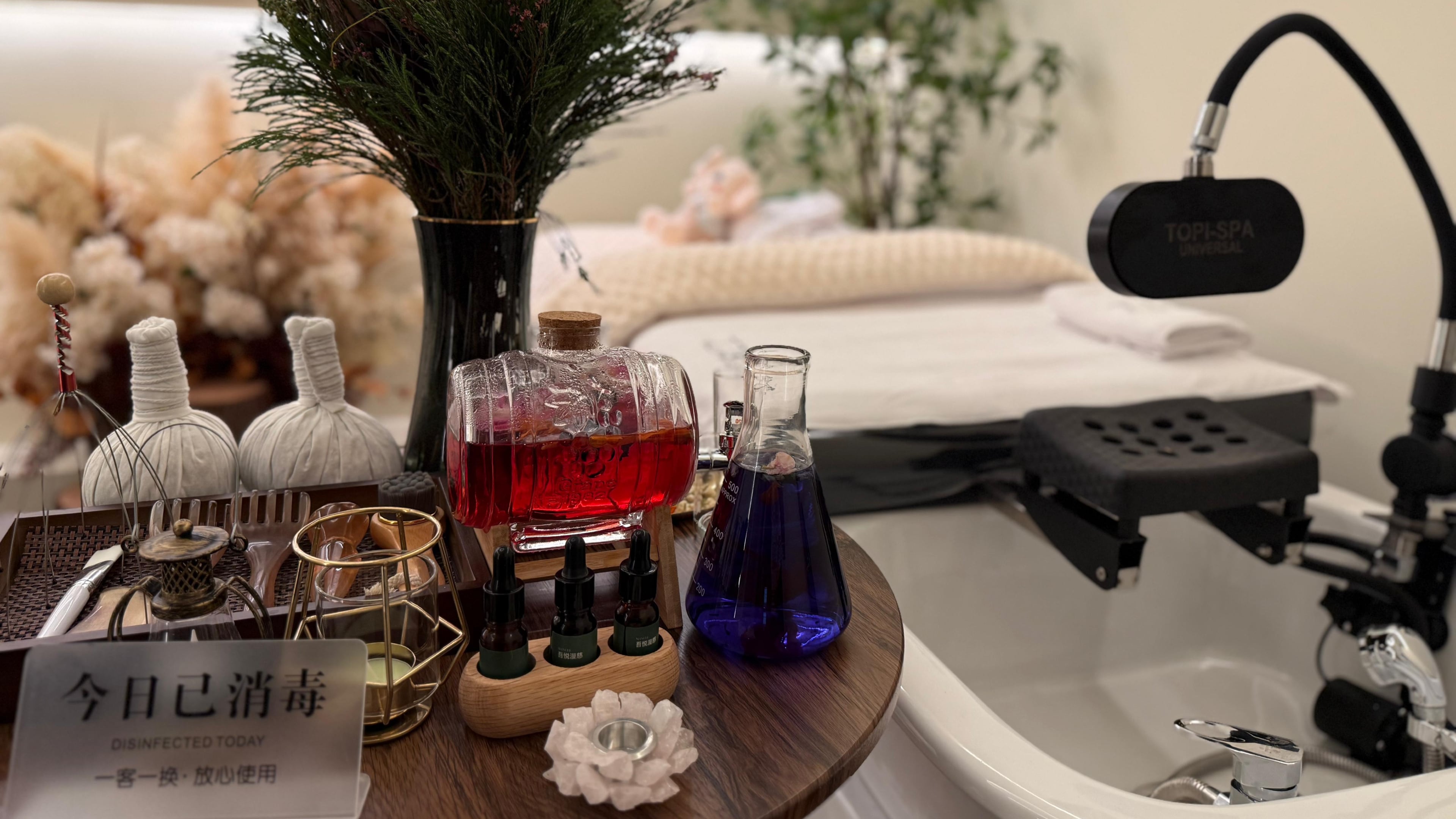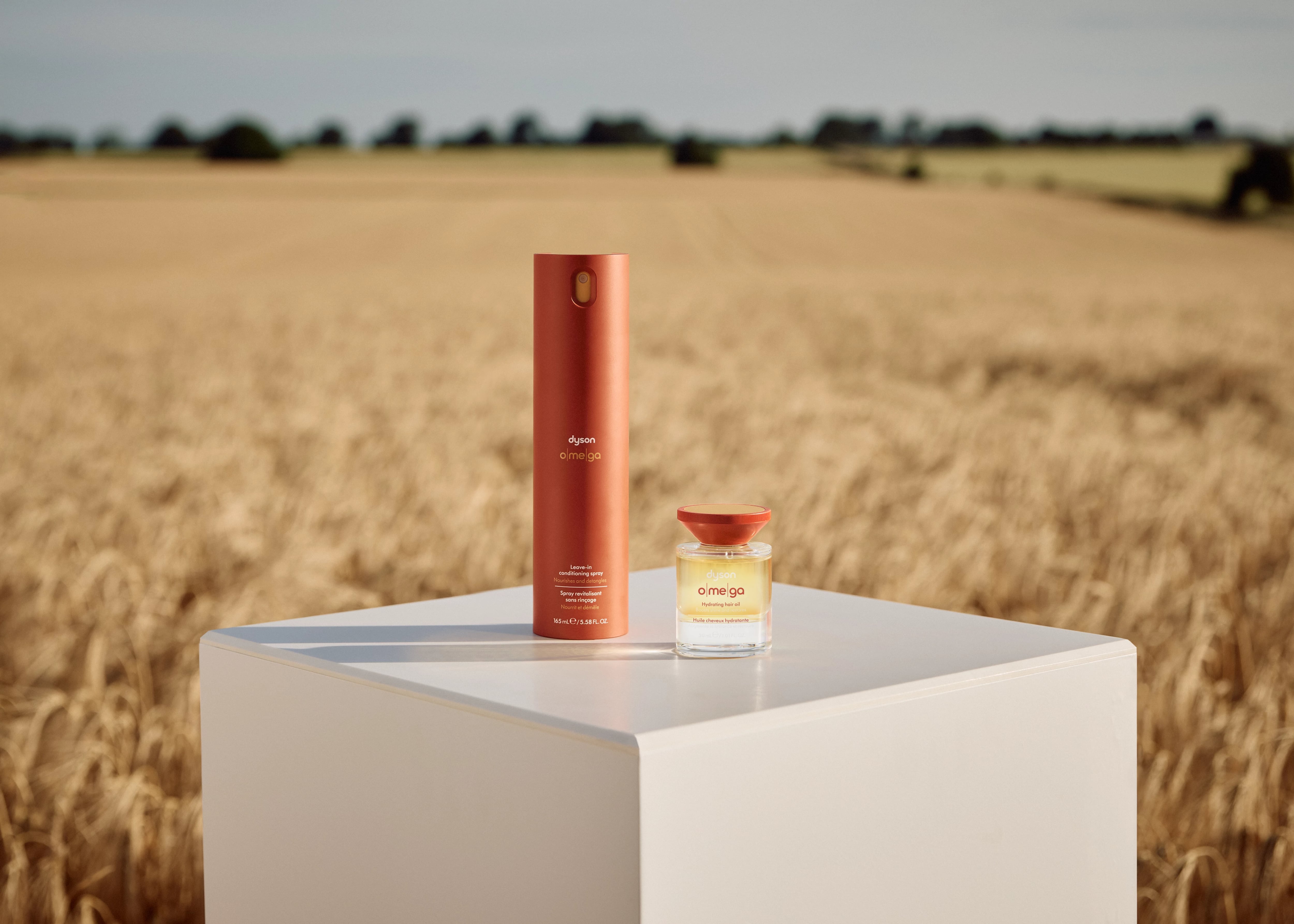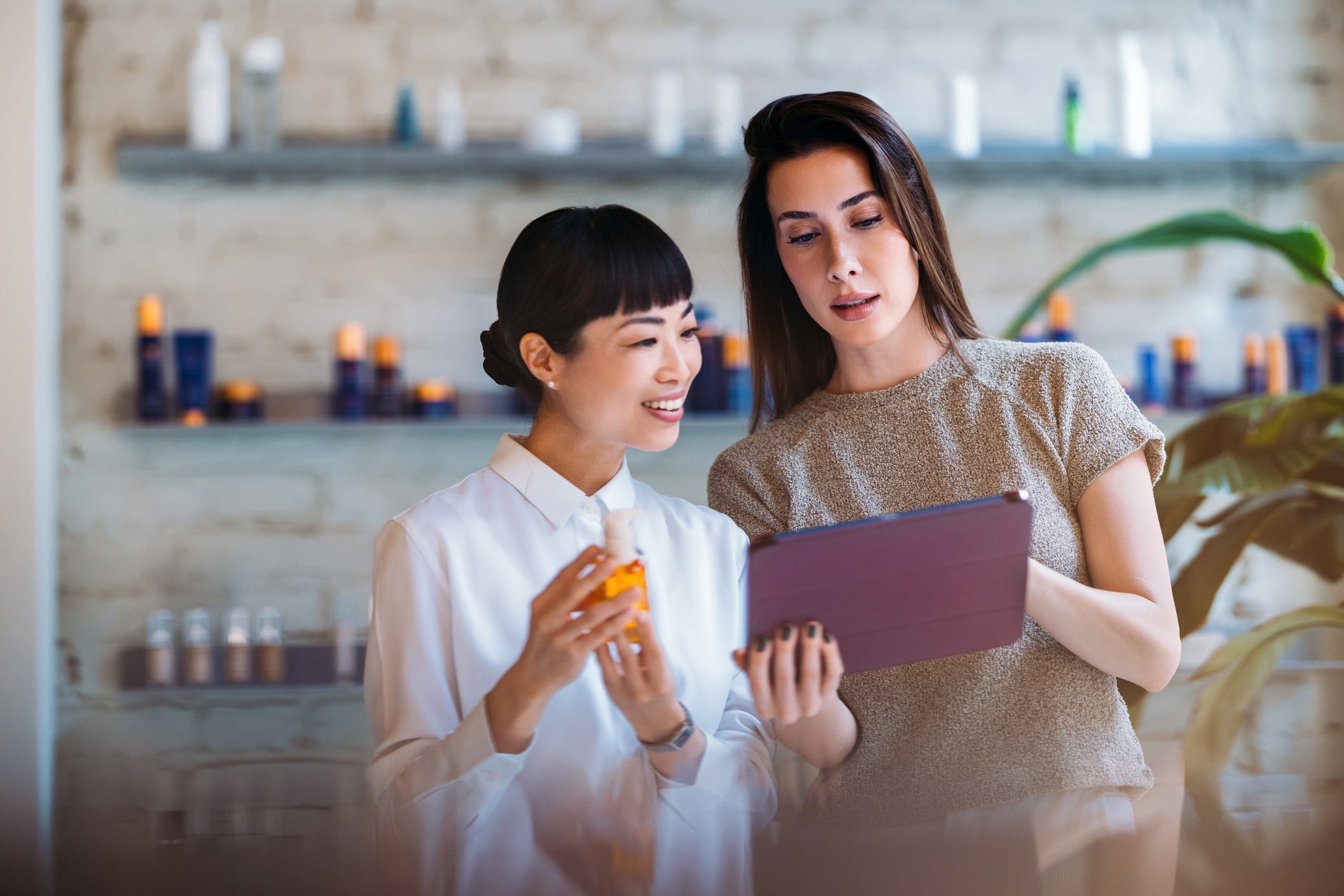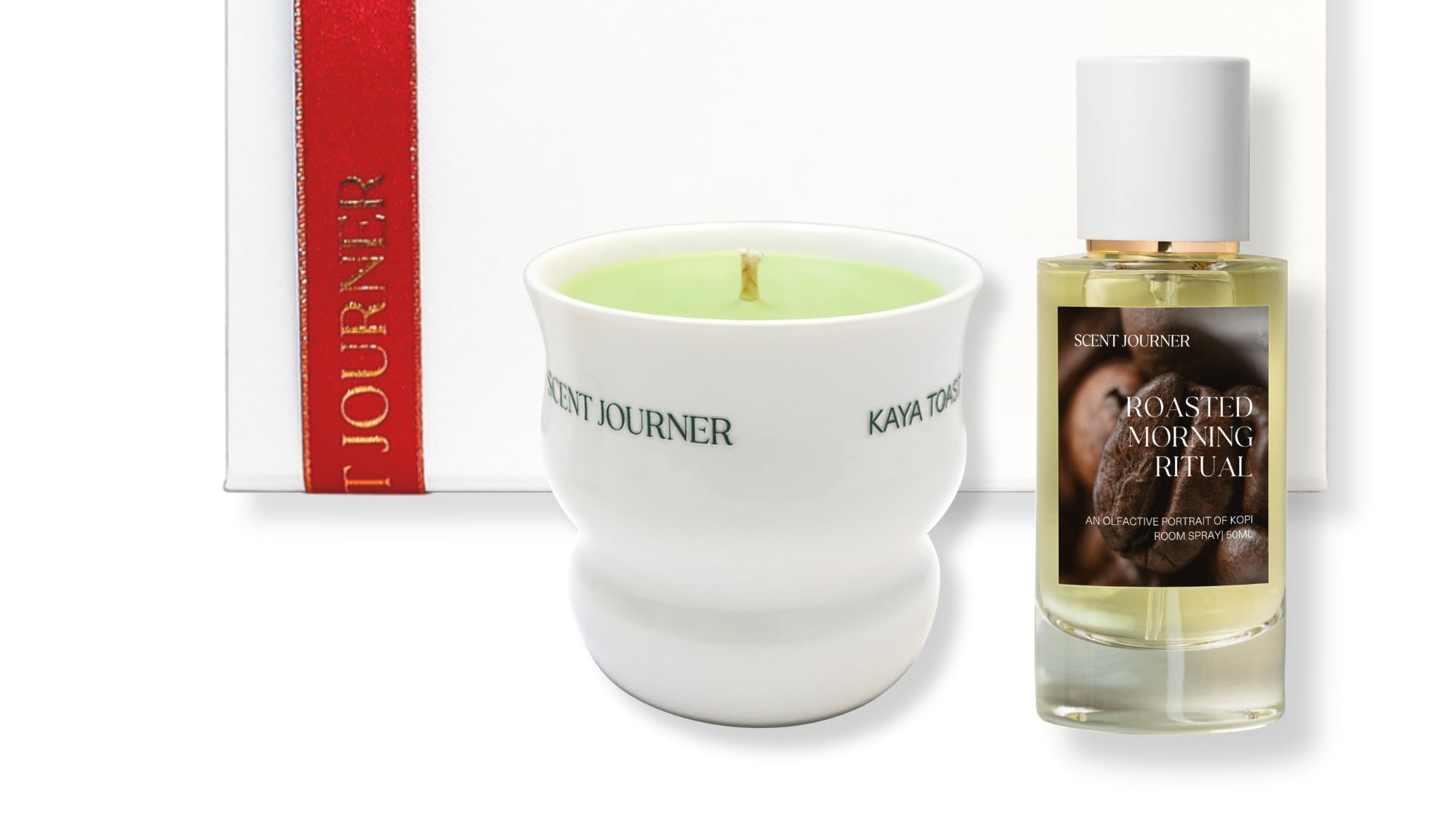According to Andrew Ng, director of TTE Elephant, there is a growing cultural shift across Asia, where beauty is no longer seen as skin-deep.
This has led to a surge in interest for integrative wellness experiences that regulate sleep, reduce anxiety and rebalance energy, while also improving scalp health and hair quality.
“Consumers today are overstimulated, digitally fatigued and mentally taxed, and they’re turning to rituals that offer tangible results and emotional relief in equal measure.
“The self-care beauty market in Asia is undergoing a cultural reset. Consumers are increasingly prioritising preventive, sensorial, and emotionally resonant rituals that go beyond aesthetics to support emotional well-being and lifestyle resilience,” he told CosmeticsDesign-Asia.
Originating from Shanghai, TTE Elephant is a premium head spa brand that has expanded to over 400 outlets across China, Macau, Malaysia, South Korea, Australia, and the US since its founding in 2018.
Its first flagship store in Singapore opened in July 2025, introducing its fusion of time-honoured Chinese healing techniques with modern scalp science and Korean professional-grade scalp care products.
“It’s a multi-sensory wellness sanctuary that transforms scalp care into a holistic ritual designed to ease stress, promote restful sleep, and restore inner balance.”
At the end of each session, consumers are provided with individualised product recommendations based on their scalp condition.
These are the same Korean scalp care products used during the experience, with benefits ranging from detoxification and hydration to oil regulation, hair growth, and relief from sensitivity.
“What we’re seeing is a clear shift away from quick-fix approaches to experiential, ritual-based care, especially among urban consumers seeking daily relaxation and decompression. This has opened up space for hybrid concepts like TTE Elephant.
“Asia’s beauty consumers are also becoming more inclusive and values-driven. We see growing demand for gender-neutral treatments and formats that encourage slowness and presence, and that offer long-term benefits rather than surface-level instant gratification.”
For that reason, Singapore is touted as a strategic launchpad, where consumers embrace modern sensibilities and cultural sophistication, and are ready to embrace self-care as a lifestyle, not an indulgence.
As urban professionals aged 28 to 45 typically face high-pressure work environments, irregular sleep, and lifestyle-induced scalp conditions, holistic approaches appeal most to this demographic.
“We’re also seeing traction among Gen Z and wellness-conscious millennials who are drawn to the novelty and sensory appeal of floral steam therapy and scalp rituals that align with the slow living and self-care trends.”





